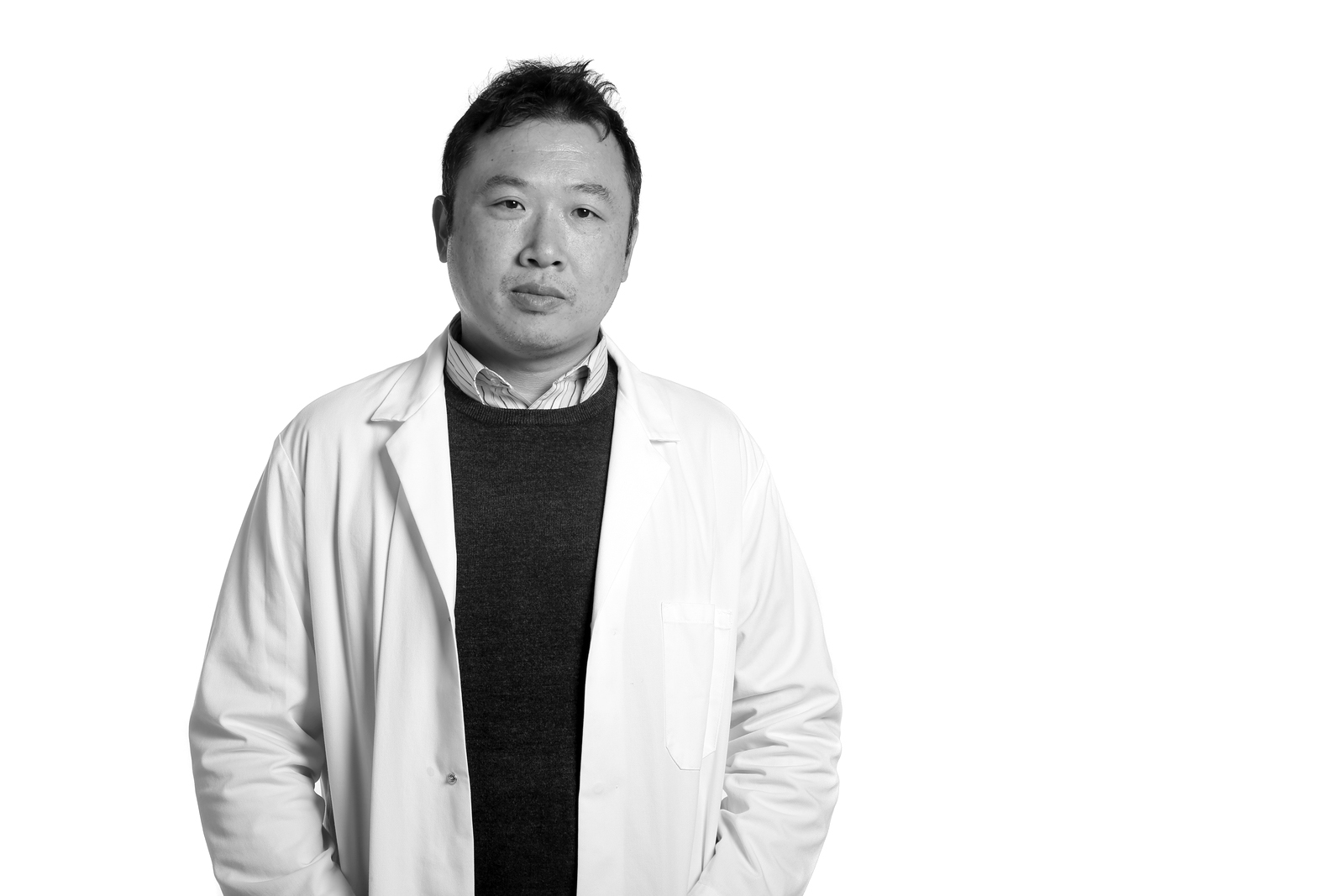People always say ‘back in the day I never bothered locking the front door, I always used to leave the door open’ – it was true where I grew up, well, most of the time. My earliest memory is of my mum leaving myself and my sister alone in the flat, I must have been 5 or 6 and my sister a couple of years older. My mum made it clear to us ‘Do NOT leave the flat, I’ll be back in a couple of hours’. Anyway, while my mum is away, my sister spots a clothes peg that my mum had left outside and, in those days, they were valuable. So she runs outside to get it, I panic and follow her out and – bang – the front door slams shut. We’re locked out, now I really panic. It turns out my neighbours had spotted what had happened and invited us in to have some lemonade and wait until my mum got back.
I grew up in Somer’s Town near Camden. It was nothing like Camden is now, I grew up surrounded by old Victorian flats, it was a bit depressing really. Lots of people crammed into small areas, none of the fashionable things you see in Camden Town now. Everyone around was poor for want of a better term, but because everyone was in the same situation it was an absolute leveller. I have a tremendous attachment to where I grew up, it was really, really friendly. Everyone helped each other.
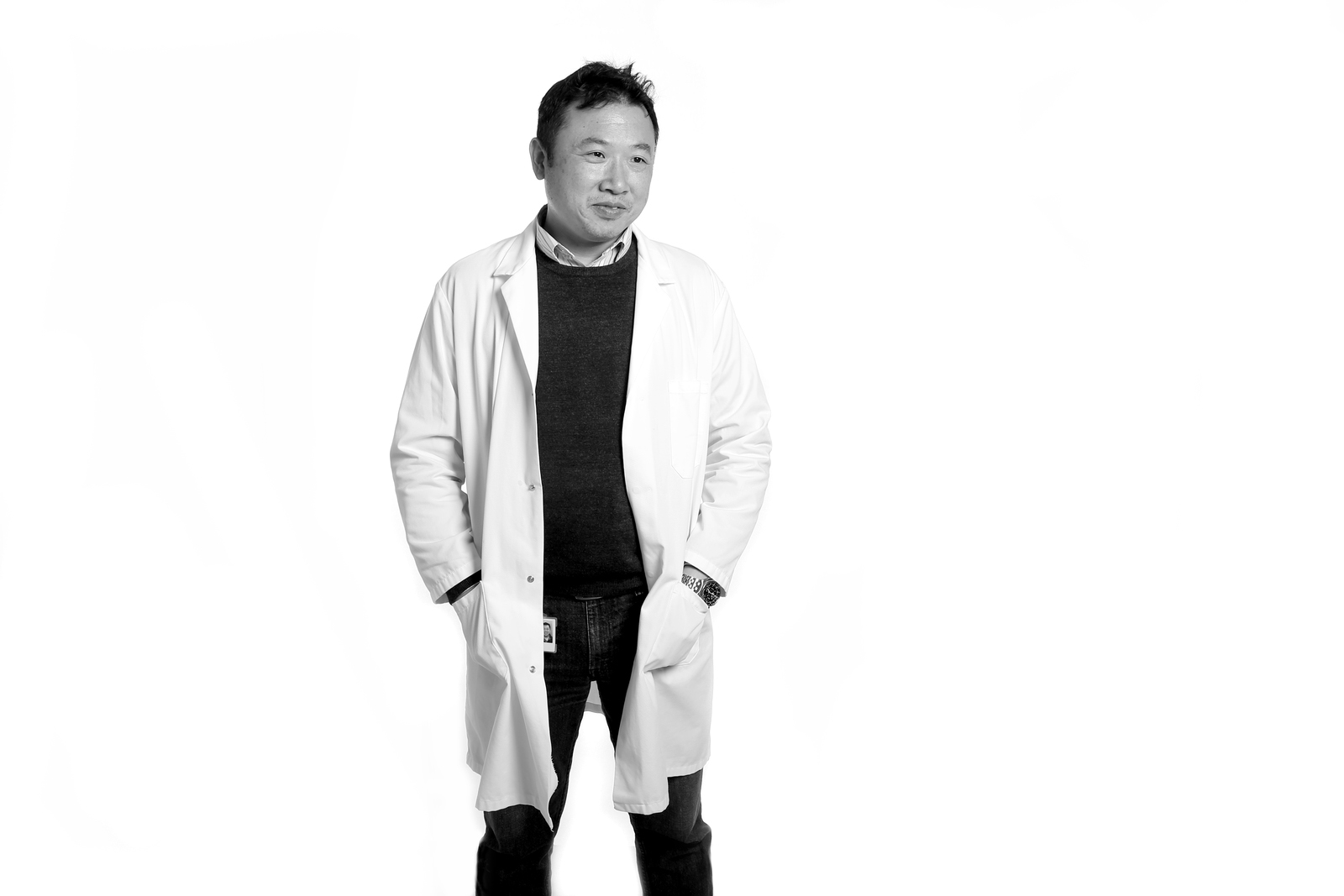
My parents came to the UK from Hong Kong in the late 1960s, my dad made the decision to come over because it was quite difficult to get work in Hong Kong. He grew up in an area on the border with mainland China in a typical Chinese village where farming was the done thing. In those days you had to pay for education so both my parents only finished primary school.
As a Chinese family in Britain, everything was different to those who are non-Chinese. I remember being invited over for tea to a friend’s house and expecting that tea would mean a cup of tea. A burger patty arrived with chips and beans and knives and forks. I remember thinking ‘what the heck’s this?’, I’d only ever known bowls of rice with chopsticks.
Up to the age of five English was my second language, I spoke Cantonese with my parents and that was the only language we would speak in the house. So when I started primary school I didn’t really understand what people were talking about, there was this wall. It’s more difficult to make friends and it’s difficult to understand what teachers are talking about. The first few years I do remember feeling out of place, not because I was Chinese, but because I couldn’t understand what people were saying.
But there were plenty of people from other backgrounds as well, there were kids in the school from India, Pakistan, Jamaica – it was very multicultural. I remember this one function we had at primary school where everyone had to bring in the traditional food of your heritage for everyone to try.
So my mum brought in Chinese food, things like bean sprouts – typical homecooked Chinese food, not the stuff you get from a takeaway. And someone else brought in food from India and someone else food from Ghana and so on and we sat down and ate. I remember seeing my mum laughing and smiling, she couldn’t speak English at all, but she was communicating with an Indian guy and a white woman. I remember sitting there thinking ‘Jeez, what’s going on here? My mum can’t do this’. I was lucky that the area I grew up in was multicultural, you realise that all people are the same fundamentally.
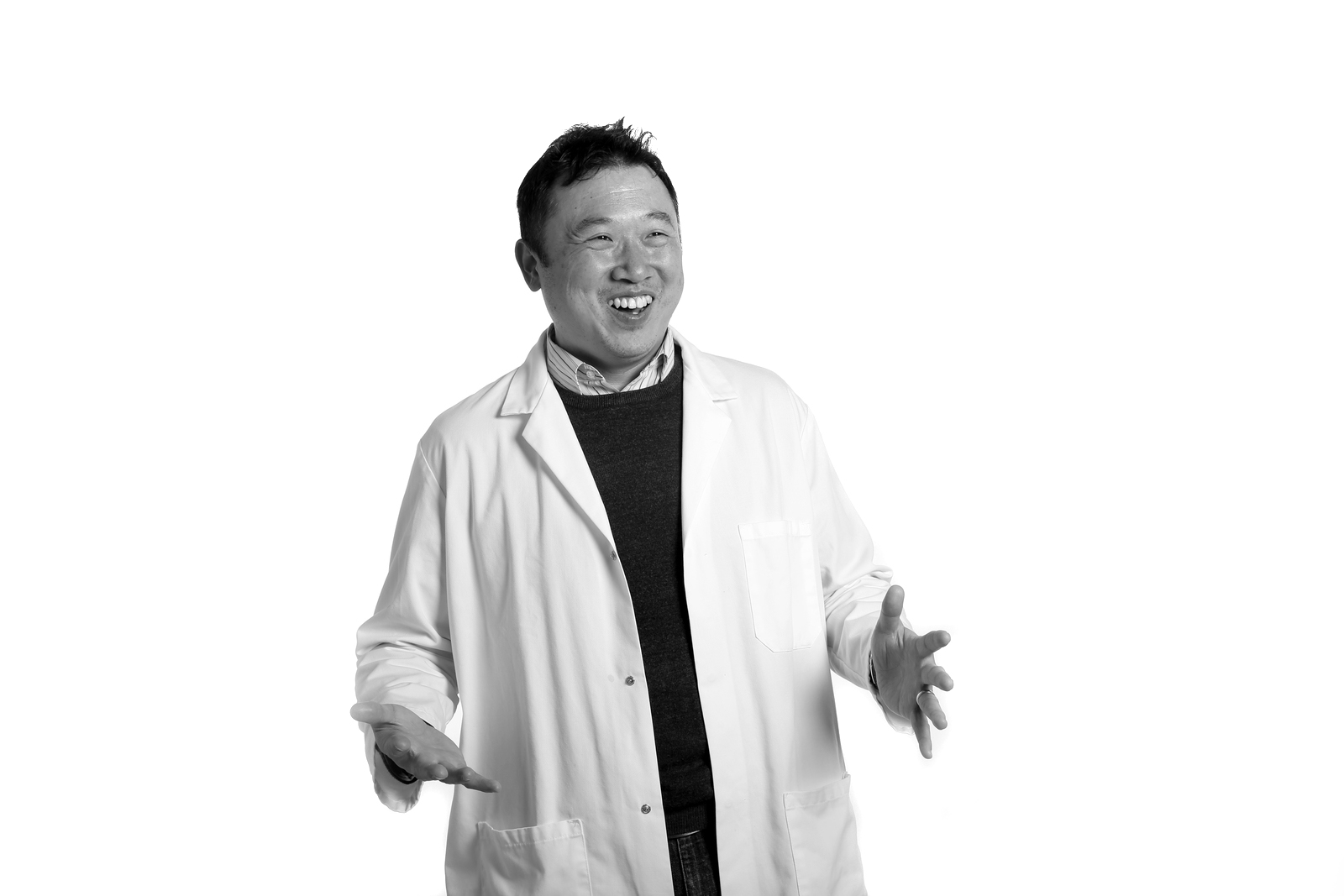
I was always drawn towards science and maths because there was no language barrier to learning those subjects. A child who can’t speak English will still be fascinated by why planes are in the air, will still be fascinated by why 10 times 10 equals 100, will still be fascinated by why plants grow out of the ground. Why is it that these things happen? To understand that you only need the language of science. That interest carried on into secondary school when language wasn’t an issue at all.
The secondary school I went to was called Sir William Collins School in Camden, it’s now called Regent High School. The Head of Science was a guy called Mr Dastagir. If my path had not crossed with Mr Dastagir’s, I would not have gone into a career in science. Period.
I’d always been fascinated with science from an early age but he’s the one who really gave me the confidence to ask questions and to trust in what I thought was right. His lessons and the way he taught were incredibly guiding. He’s the one who got me reading more and I really enjoyed the lessons that he gave.
I found the shift from O Levels to A Levels more difficult but I managed to get through to university. I went to Kingston University to study applied science/Biomedical Science. The course really firmed up that I wanted to do lab work.
The first job I got was actually at City St George's, School of Health & Medical Sciences (Tooting) with Professor Gordon-Smith. That year really reinforced that I wanted to do science as a career and, I knew that if you want to work in science as a career, it’s helpful to get a PhD.
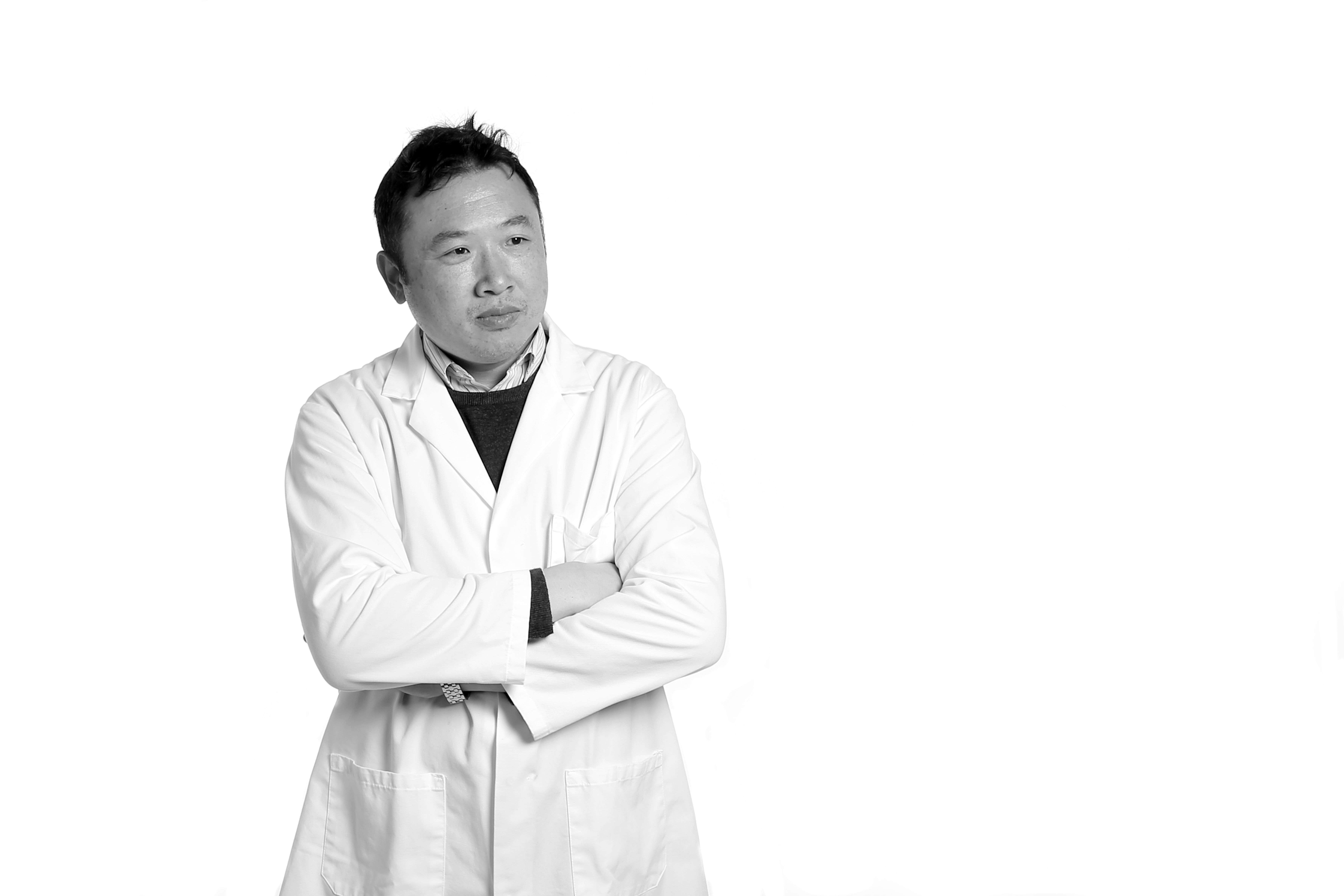
I managed to secure a PhD at St Bartholomew’s Hospital. After I’d completed it, I went around all the consultants at St Bart’s and asked ‘What’s going on out there? What do you want me to look into?’ - I was ardent that what I researched had to have a practical, real-world benefit and wasn’t just research for the sake of research.
One of the consultants came up to me and said ‘Oh, among my kidney cancer patients, the ones who smoke marijuana, their chemotherapy seems to work better.’ My immediate reaction was ‘That’s bizarre, what the heck’s going on there?’ Cannabinoids have been my research interest ever since.
The biggest problem we’ve got using cannabis as a medicine is its name. If I could turn around and say ‘This is ‘John’s oil’, it can cause cancer cells to undergo cell death’ it would fly through the various processes needed to get it to the clinic. If we can get over the reticence of it being associated with cannabis, certain chemicals within the drug are beneficial, there’s no two ways about it.
If upcoming trials are successful, I foresee cannabinoids and cannabis-based products being used in clinics in certain countries in 18 months to two years. If some countries take it up and it seems to work then getting it into other countries could be very quick.
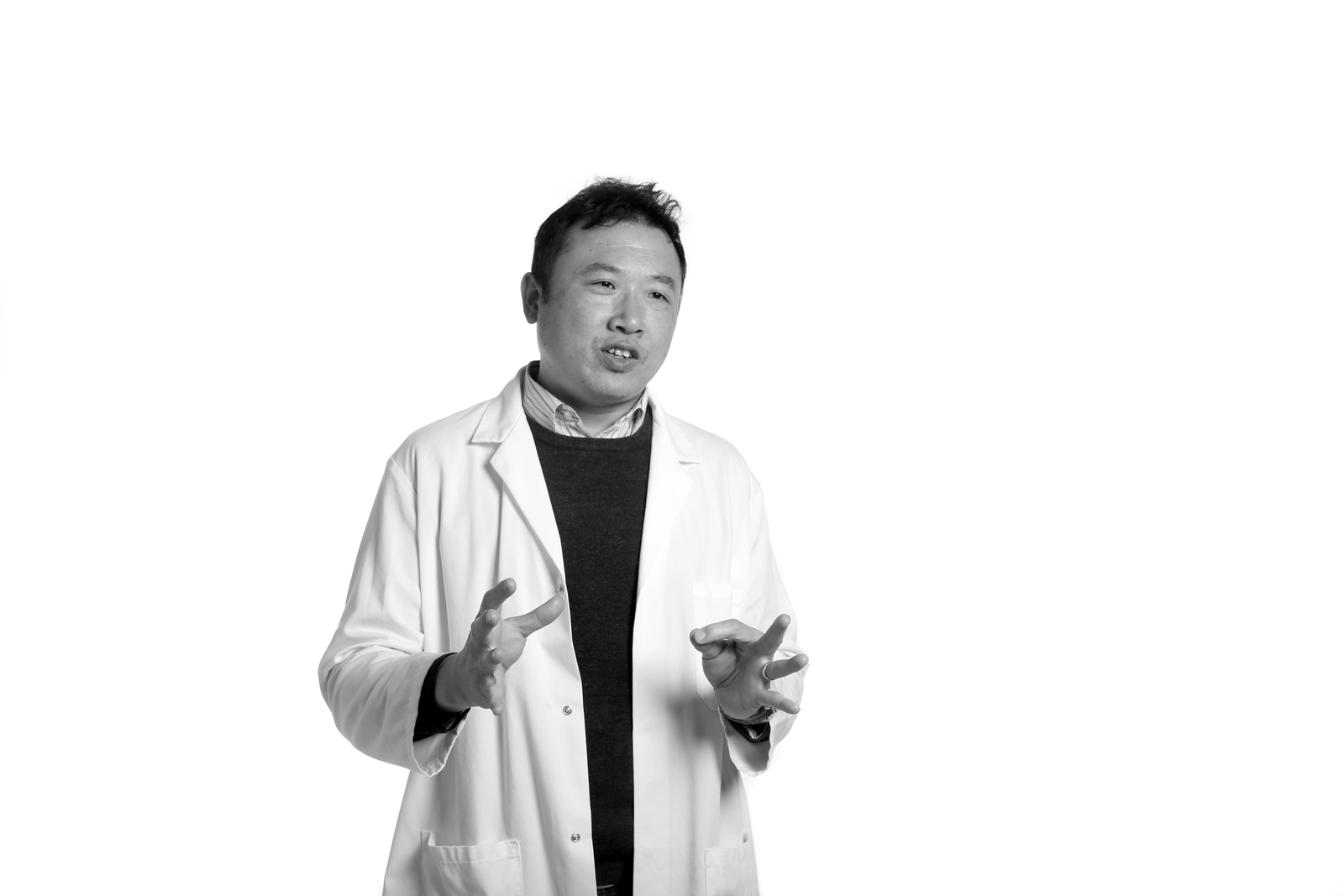
I realise how polar the topic can be. I get countless emails every week from people asking me to support either the legalise cannabis campaign or the movement to keep it illegal. I get it from both sides all the time. I’ve had abusive phone calls, I had one guy call me twice a day for four to five months.
The phone would go, I’d pick up and there’d be no hello, it’d be straight off with ‘why the hell are you doing this, what are you doing trying to destroy our plant, if you believe in cannabis you should use the whole plant not just the little bit of medicine.’ After five minutes of trying to talk with him he’d hang up. A few hours later the phone would ring again, and that carried on for months.
But I also get emails and phone calls thanking me for the work I’m doing or for the objective, scientific information I’ve given to a patient to help them make an informed decision on cannabis oil. When you get those you think, do you know what, it’s worth it.
You’re never, ever going to convince someone who doesn’t want to believe that cannabis should be used and, similarly, you’re never, ever going to convince someone who wants to legalise cannabis that it shouldn’t.
I try to give objective facts.
People have their own beliefs and agendas, I have no feeling at all on that. My agenda is to deliver a drug to patients in their fight against cancer.
Dr Wai Liu is a Senior Research Fellow at City St George's, School of Health & Medical Sciences (Tooting).
